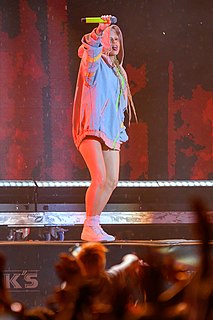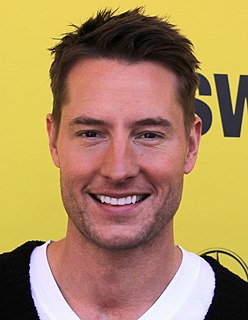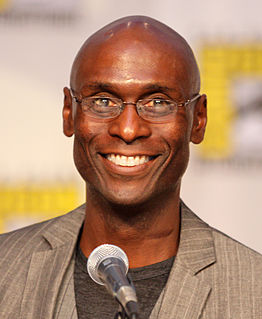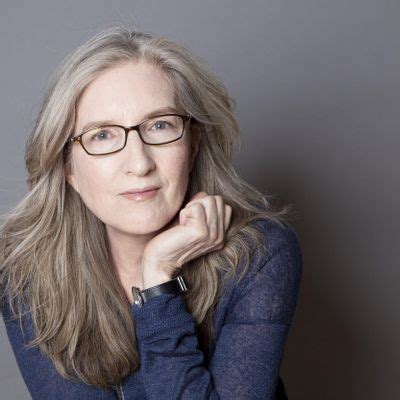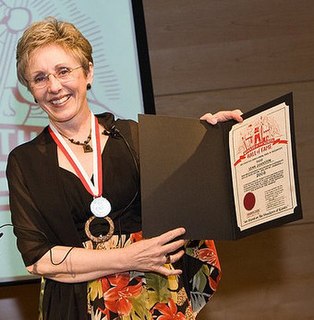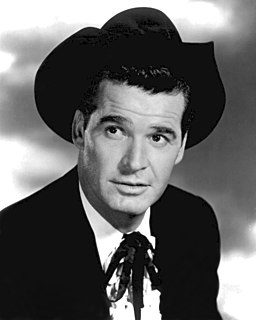A Quote by Yolandi Visser
It's weird how people were always asking us, 'Are you real? Are you joking?' That seems like something Americans care about a lot. You can't answer the question 'Are you real?' If we're anything, we're documentary fiction.
Related Quotes
People will come up and say - and it is insulting - 'Do you ever want to do anything else? Like some real acting? Or a real show?' Here's the thing: You can either get upset about that, or you can realize that that person isn't trying to offend you. They're literally interested, and they're asking you a question.
Most people look at a feature film and say, "It's just a movie." For me there is no border or wall between fiction and documentary filmmaking. In documentaries, you have to deal with real people and their real feelings - you are working with real laughter, happiness, sadness. To try to reflect the reality is not the same as reality itself. That's why I think that making a good documentary is much harder than making a good feature film.
That's what David Caruso said to me. We were talking about the whole Emmy thing, and he said that one of the things about awards in this town is that a lot is about the drama - like the drama of the performance. And he said "Your show, The Wire, looks so real, it almost looks like a documentary. And people who aren't artists - a lot of people who vote for this stuff - don't get it."
While novels are fiction, mine are usually very close to my heart. Like my other books, 'The Lemon Orchard' is inspired by something I care about. I care so deeply. The stories are my dreams, and I want to do a lot of research. Roberto is based on a real live friend of mine named Armando who worked in my garden.
So let me tell you what I think about gods. I think a real god is not going to be so scared or angry that he tries to keep other people down…A real god doesn’t care about control. A real god already has control of everything that needs controlling. Real gods would want to teach you how to be just like them.
You put on a face for the public. The face isn't false; it's just another side of you. If it were false, you couldn't last. People want something real and natural, and if they catch you acting, you're dead. It has to look real. In order to look real, it has to be real, and I've always thought of the characters I've played as real people.
'Who are we?' And to me that's the essential question that's always been in science fiction. A lot of science fiction stories are - at their very best - evocations of that question. When we look up at the night sky and wonder, 'Is there anyone else out there?' we're also asking who we are we in relation to them.
Who are we? And to me that's the essential question that's always been in science fiction. A lot of science fiction stories are - at their very best - evocations of that question. When we look up at the night sky and wonder, "Is there anyone else out there?" we're also asking who we are we in relation to them.
The great thing about fiction is that I don't have to settle on an answer to any troubling question, or even a solution. I hope that my stories serve as explorations and help show readers how and why real-life women don't always make the "correct" decisions in the face of economic and sexual troubles. We all screw up, but the women I write about don't have back-up plans or money in the back or resources to fix what they have broken.
The question of why evil exists is not a theological question, for it assumes that it is possible to go behind the existence forced upon us as sinners. If we could answer it then we would not be sinners. We could make something else responsible...The theological question does not arise about the origin of evil but about the real overcoming of evil on the Cross; it ask for the forgiveness of guilt, for the reconciliation of the fallen world
